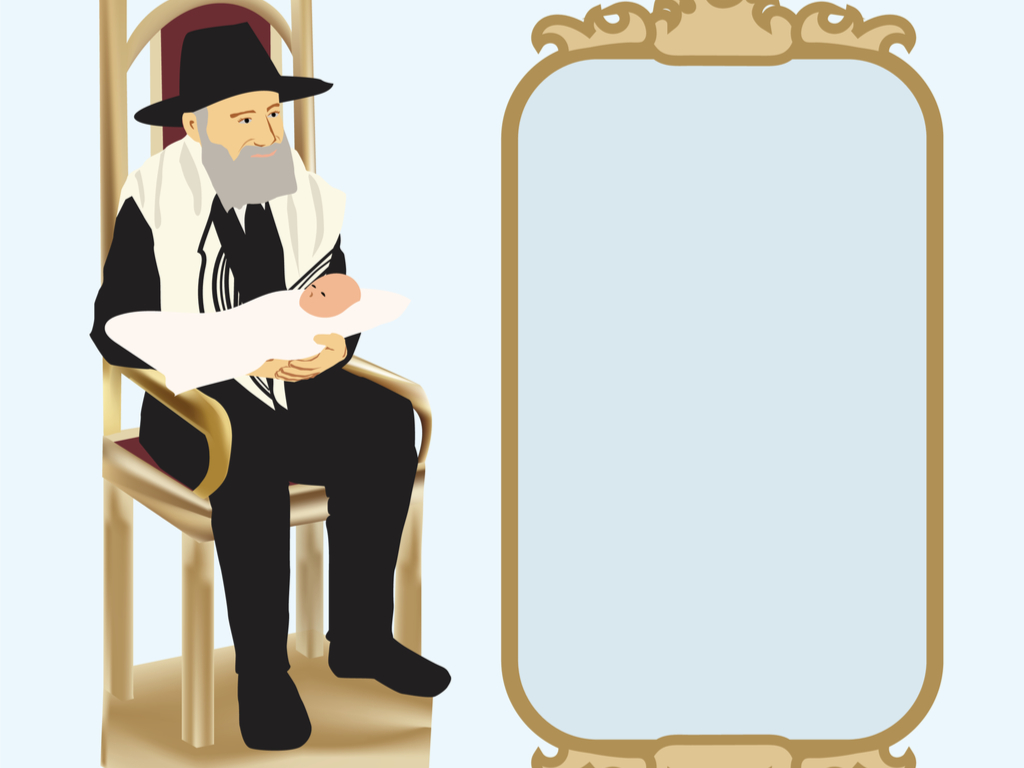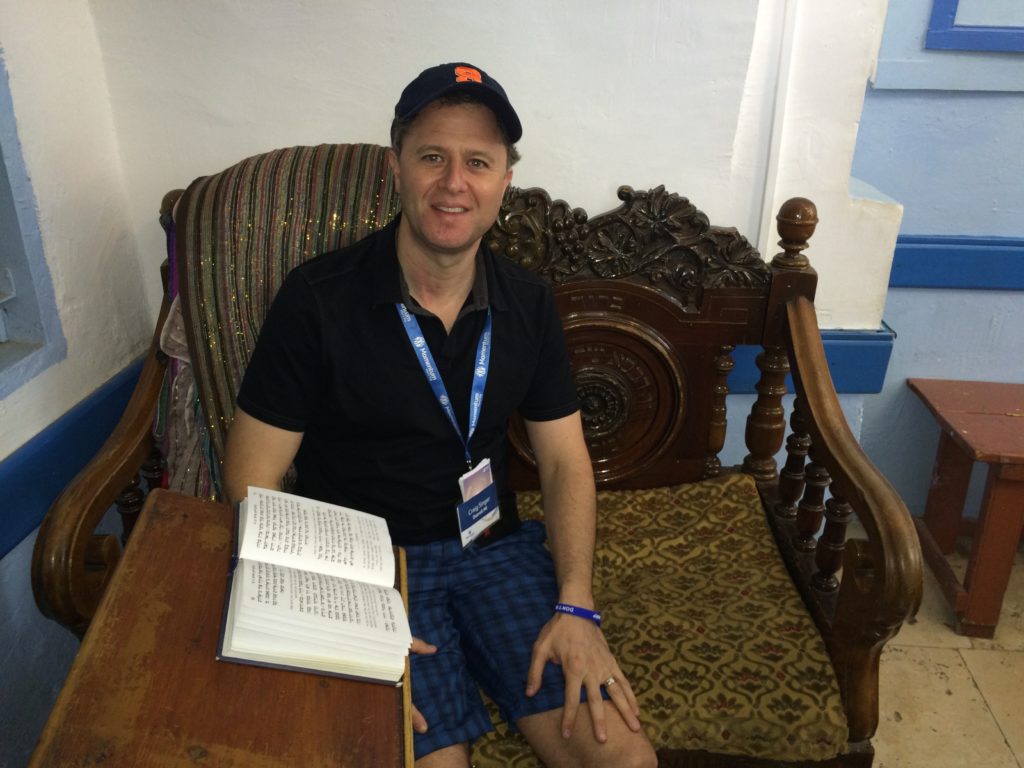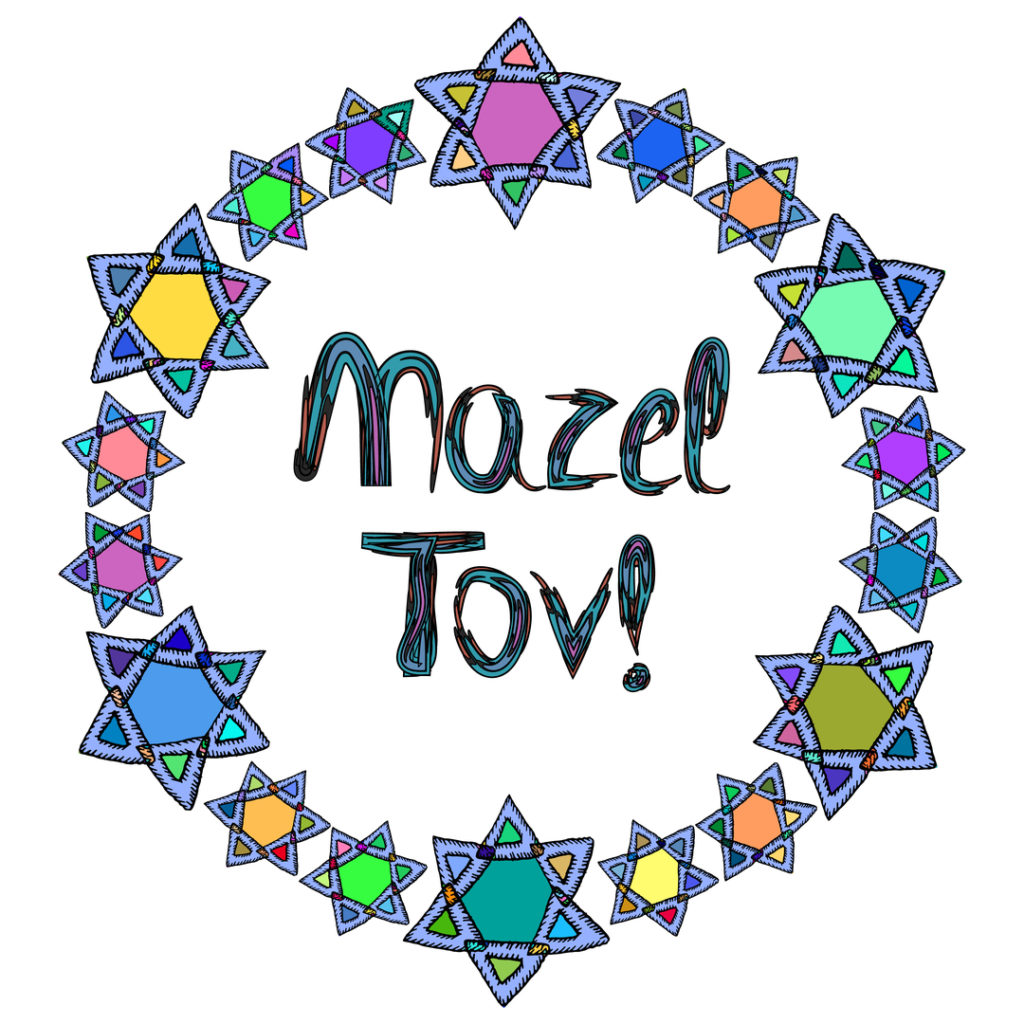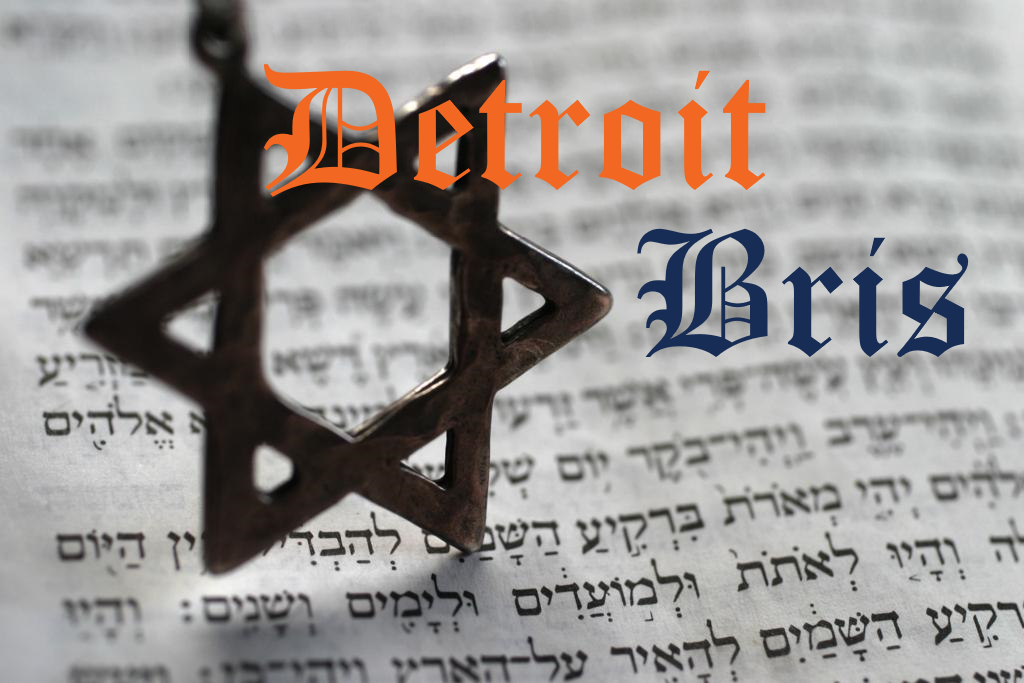The Participants

Mother
The mother is entrusted with the care of the child both before and after the bris. She begins the ceremony by handing the baby to the kvatterin (godmother) as a sign of her consent.
Father
According to halachah (Jewish law) the obligation to circumcise rests on the father. If the father is unable to perform the circumcision, he may designate a shaliach (agent) to fulfill the mitzvah on his behalf. The mohel is his agent. During the ceremony, the father stands next to the mohel and verbally designates him to act on his behalf.
Godparents (Kvatter/Kvatterin)
The kvatterin and kvatter, colloquially know as godmother and godfather, are a woman and a man, often a married couple seeking to have a child. The godparents hold the baby as we welcome your son into the ceremony with the words “baruch haba” (blessed is he who enters). There are no formal legal obligations implied with this honor. However, Jewish folklore holds that if the parents are unable to provide for the child’s religious upbringing, then the godparents will take on this responsibility. In some families, multiple people participate much like a welcoming party. Typically, the baby’s aunts and uncles and sometimes grandmothers are chosen. Parents who want to be inclusive often honor all their siblings and their spouses in this way.
Sandak
The sandak ( companion of the baby) is the highest honor at a bris, equated to the Kohen Gadol (high priest) who offered the daily incense inside the Holy of Holies (the innermost sacred area of the ancient Temple of Jerusalem). He should be a spiritual, righteous person who bridges the generations. This honor is usually given to one or both of the baby’s grandfathers. The Sandak may be either a man or woman, but he/she must be Jewish. In the Ashkenazi tradition, the baby’s grandfather typically receives this honor. In the Sephardic tradition, the father assumes the role.
The Midrash teaches that King David held his grandson on his lap during the milah (circumcision). Dr. Singer prefers, however, that the baby lay on a secure table during the circumcision to ensure the baby’s safety. This relieves the sandak of the responsibilty of physically restraining the baby. Instead, he will hold the baby’s hand and give him a soothing sugar solution during the bris. Nonetheless, the sandak must be comfortable with minor surgery being performed in front of his eyes. You may also designate a second “standing” sandak to hold the baby as he receives his Hebrew name.
Elijah the prophet
From the time that the Jews entered the land of Israel under the leadership of Joshua, they had been diligent in the practice of bris milah. However, after King Solomon died, the Jewish kingdom was divided. The division living in Samaria, known as the kingdom of the Ephrayim, ceased circumcising their infants. Elijah, a prophet of the time, was angered at his fellow Jews and cried out to God, “they have forsaken your covenant “(I Kings 19:10). Elijah then swore that he would restrain the heavens from giving rain or dew. Hashem told Elijah that because he had championed the mitzvah of circumcision, he would be privileged to be present at every bris that Jews would perform (Prishah, Yoreh Deah 265:25)
Elijah the Prophet is the omnipresent Jew, making his way to every bris around the world. It is a tradition to place the baby in the chair of Elijah during the ceremony so that he may be blessed by Elijah. This honor often goes to a loved one such as a grandfather or sibling.
Mohel
Since most fathers do not have the surgical training to perform their child’s circumcision, the mohel acts as the father’s shaliach (emissary) in fulfilling this mitzvah. Traditionally mohalim consisted of rabbis and cantors; however, in more modern times, medical professionals have helped assume this role. Indeed , Rashi (Sanhedrin 17b) notes that doctors would perform a bris in Tulmudic times. The mohel should be a learned Jew of exemplary character. He should be thoroughly knowledgeable in the laws of brit milah while posessing surgical expertise. He must be properly trained in circumcision technique and aftercare, including all aspects of anatomy and physiology. The mohel should be compassionate to the family’s needs and should guide those who wish to know more. Ideally, he should come with a long list of happy customers. Dr. Singer is humbled by the task of fulfilling this ancient tradition and he is grateful to be a part this awesome moment in a parent’s life.
Rabbi
Many families prefer to have their personal Rabbi attend and officiate at the bris.It is not necessary to have a Rabbi present, but Dr. Singer is more than happy to share in the officiating.
Candle lighters (optional) Lighting candles at a bris dates back to the talmudic era. It is certainly not a requirement to light candles at a bris, but doing so provides an opportunity for the family to bestow an honor to loved ones. You may have as many or as few people as you want. Usually, the women of the family light candles. Shabbat candles are easiest. Typically, we will sing the “shechayanu” prayer together during the candle lighting.
.

“Segulah” Chair of Elijah in the Ari Ashkenazi Synagogue in Tzfat, Israel
Craig Singer, MD
Dermatologist, Pediatrician and Certified Mohel

